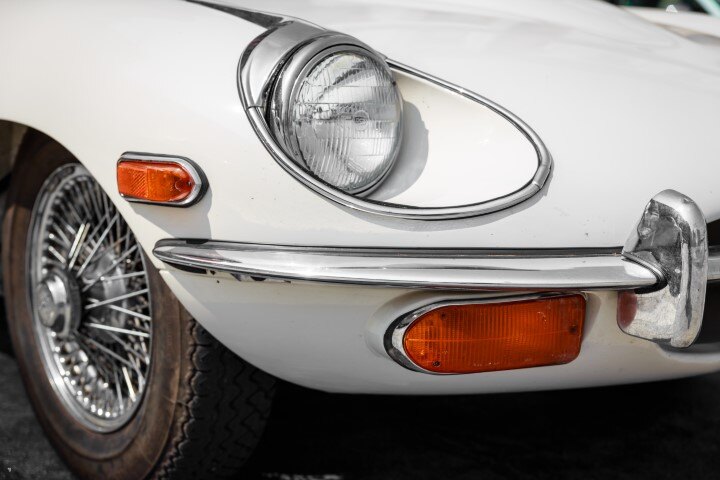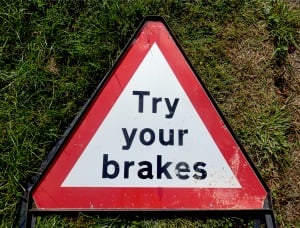3 Tips for Maintaining the Performance of Your Older Vehicle
More people are keeping their cars longer than ever before. The days of trading in a vehicle after two years seem to be over for a growing part of...
1 min read
Bell Performance : Apr 27 2012

National Car Care Month means it's time to look again at important considerations for keeping your old (and new) car in the best shape possible.
Sure it's important to keep your engine healthy by practicing regular oil changes. Very important to improve gas mileage through simple practices like keeping your tires at the correct pressure. A good idea to use a fuel additive for ethanol that will help solve ethanol fuel problems.
But none of this means anything if you're driving your car and you can't stop. Brake pads and shoes wear out over time. Thankfully, brakes aren't usually the kind of thing that goes from healthy to zero overnight. It's very rare that you have no warning that your brakes need servicing.
Most of us have heard our brakes squeal when we are stopping. What does this mean? It means your brake pads are getting thin. It doesn't mean you have no padding left, but it's a built-in warning indicator to tell you to think about having them looked at (or look at them yourself).
Brake pads have built-in wear indicators. When the pads get too thin, this indicator makes contact with the rotors and produces squealing. This squealing does not go away and even turns into grinding as the pad gets thinner and thinner and the wear indicator rubs more and more against the motor. By the time you hear grinding occurring, your rotor is probably worn enough that it may need to be replaced. So it will save you money if you get your brakes looked at before the grinding starts and you have to buy new rotors.

More people are keeping their cars longer than ever before. The days of trading in a vehicle after two years seem to be over for a growing part of...

A not-uncommon question that mechanics are asked concerns “why does my front end shake while braking”?
The car & truck landscape looks very little like it was when we were growing up (or our parents). It used to be true that 100,000 miles were a...